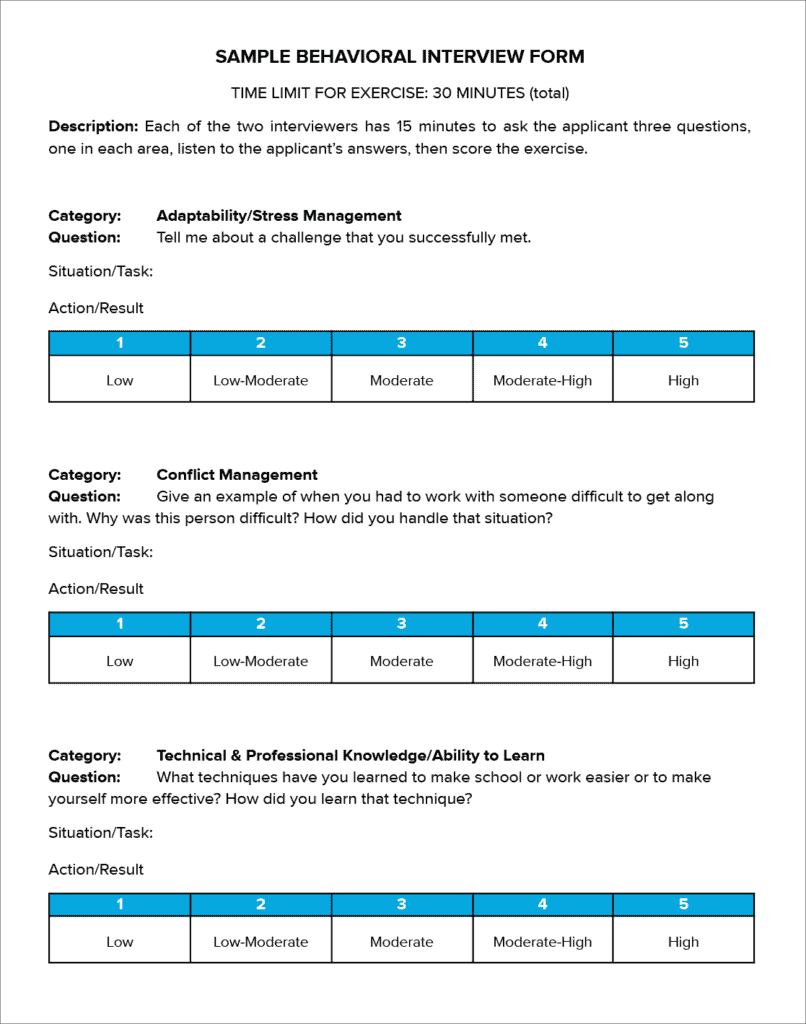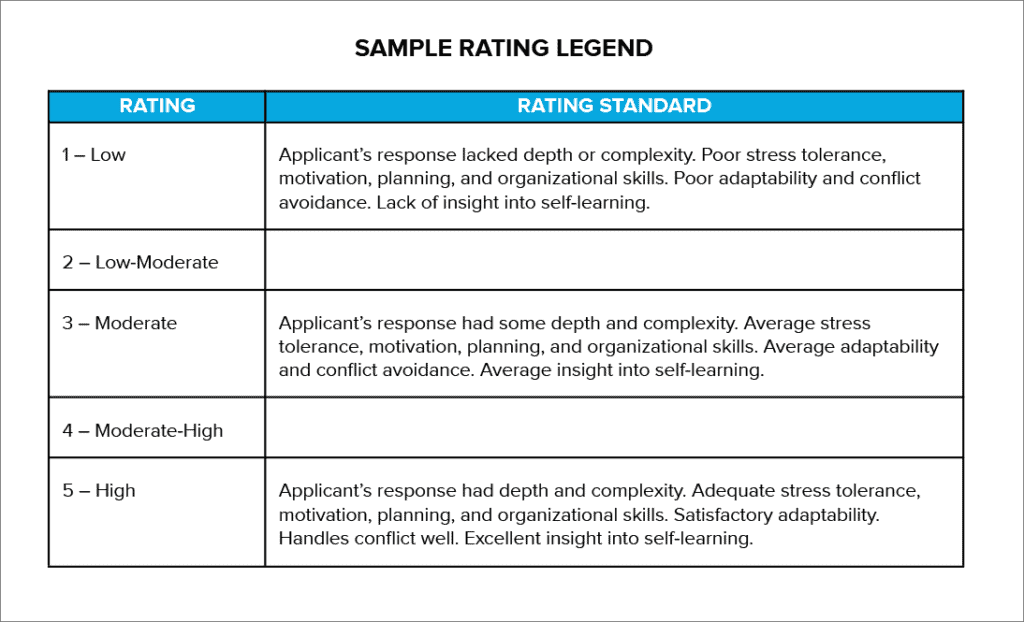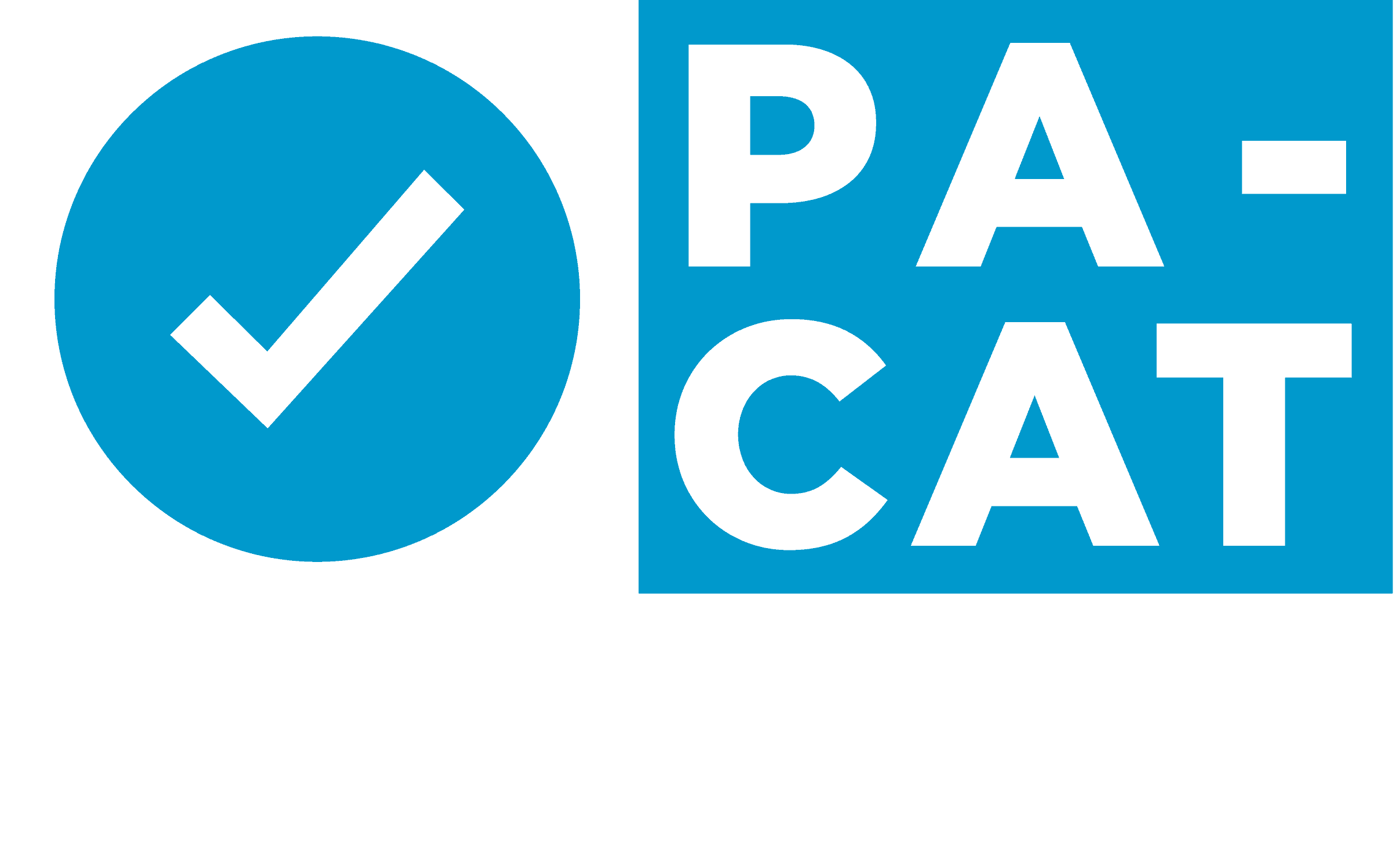ISSUE 18
Successful PA Admissions Part 2: Behavioral Interviews
By Jim Pearson and Dr. Scott Massey
Some say that 90% of your time is spent dealing with 10% of your students, and sometimes that can feel especially true. Student behavioral issues are a constant challenge for educators. We don’t have a crystal ball that can pinpoint “issues” during an interview, especially when most applicants will be on their very best behavior to make a good impression. Even “best behavior” can yield some insight on personality using a few particular interview methods.
Try to Reduce Bias and Easy Answers
Program directors have to ensure that their interview process to eliminate interviewer bias that can impact the selection process. It’s difficult to accomplish, but bias has no place in the interview and selection process.
Interview questions that allow significant individual opinions will distort perceptions about students. Examine the types of questions you use during the interview process. From the opposite angle, limit questions that have easy answers that can be memorized, like “Why do you want to be a PA?” and “Why do you want to help people?”
Questions that are too open-ended or too simple have severe limitations. With coaching, a prospective applicant can provide an essentially perfect answer, which tells you very little about them personally. There is also a significant disconnect between their words and actions. They are so smooth and polished that it’s easy to be tricked by these surface traits and decide they are perfect applicants. What data is informing these decisions?
Behavioral interview questions sidestep this risk, which is why we’ve recommended them for over 20 years. They are the most accurate data instrument within the interview process to predict future performance. It’s not an exact science or a flawless one, but behavioral interviewing has a much greater success rate than questions typically seen during PA interview sessions.
Here are some sample instructions for interviewers using behavioral questions. This provides the rationale for the questions and specific examples of implementing them within your program.
Behavioral Interviewing
Sample behavioral interview exercise:
- Ask the interviewee three behavioral interview questions.
- Grade the response of the question as low-moderate or high-level thinking process.
- Challenge: Identify the appropriate question based on the individual applicant. To help with this, each behavioral question is labeled with a category (e.g., adaptability/stress management). Choose one of the following questions and request that the interviewee provide the response.
- Tip: For a younger applicant with less life experience, choosing a question about the transition from high school to college might be pertinent. For a 30-year-old second-career applicant, choose a question about conforming to a policy.
- It is best to use two interviewers for breadth, then average the two scores.
Download and print the following form & legend here.


More Behavioral Questions
Below are examples of behavioral questions for the three main categories transferable and reproducible between interviewers. In our experience, there is significant inter-rater reliability when using this process.
Adaptability/Stress Management
- What was one of your most stressful experiences. How did you cope with it?
- How was your transition from high school to college? Did you face any particular problems?
- When did you have to adjust quickly to a change that you couldn’t control? How did that change impact you?
- When have you put your needs aside to help a coworker or classmate understand a task. How did you assist them? What was the result?
- How have you most constructively dealt with disappointment and turned it into a learning experience?
- When have you conformed to a policy even though you did not agree with it?
Conflict Management
- When did you come into conflict with another person and how did you handle the situation.
- When have you voiced a concern or disagreement to a coworker, supervisor, or professor? How did you manage the conflict? What was their reaction?
- When have you had to work with someone who was difficult to get along with? Why was this person difficult? How did you handle that person?
- What makes a boss, professor, or another authority figure them difficult to work with or to impress? How did you successfully interact with this person?
- When were you assigned to work with a person who did things very differently? How did you get the job done together?
- When were your results not up to your professor’s or supervisor’s expectations? What happened? What action did you take?
Technical & Professional Knowledge/Ability to Learn
- When have you used your technical expertise to solve a problem? What was the problem? How did you draw on your technical knowledge to solve it?
- Anyone can get overwhelmed. When have you had to request help or assistance on a project or assignment?
- When have you applied knowledge from previous coursework to a project in another class?
- When were you less than satisfied with your own performance? What did you do about it?
- How have you differed from your professors in evaluating your performance? How did you handle the situation?
- When have you had to learn something new in a short time. How did you proceed?
NEXT TIME…
In Issue 19 of PA Admissions Corner, we continue our series on Successful PA Admissions by looking into how group interviews can identify your program’s ideal applicants while identifying red-flag behaviors often displayed by applicants you want to avoid.
To your admissions and program success,
Jim Pearson, CEO
Exam Master
Dr. Scott Massey Ph.D., PA-C
Scott Massey LLC
Exam Master supports Physician Assistant Educational Institutions with the following services:
- Admissions Support Services
- PA-CAT Admissions Exam
- Pre-Matriculation Program
- Admissions Consulting
- Student Progression
- Student Success Study Skills Program
- Data Analytics
- Accreditation Support
- Board Preparation
- Emory Clinical Review Program
- PANCE Board Review Program
For information on any of the above products and/or services, contact Jim Pearson.

